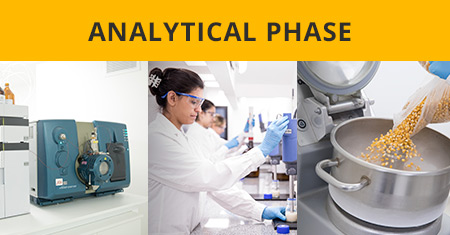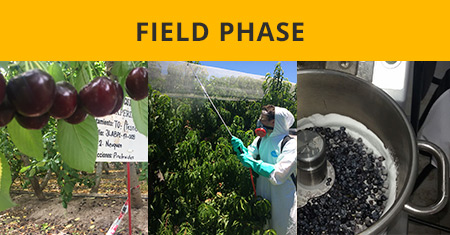Good Laboratory Practices (GLP) are a quality assurance system, related to the organization of non-clinical safety studies referring to health and environment, also, about the conditions in which these studies are planned, executed, controlled, recorded, filed and reported. They apply to all food safety and environmental non-clinical studies, required by regulators in order to register or authorize products: pharmaceuticals, chemical pesticides, biological pesticides, GMOs, additives, cosmetic products, veterinary drugs and industrial chemicals products. Since May 2013, it is a “sine qua non” condition for the registration of agrochemicals that all tests are carried out by organizations that comply with and have certified GLP.
The Organization for Economic Cooperation and Development, OECD, has established a Mutual Acceptance of Data agreement for the Evaluation of Chemists, MAD that aims to avoid repetition, in the countries of destination, of the studies / trials that support the registration of products, thus eliminating technical barriers to trade, reducing the number of tests on animals, costs and times.
This agreement emerged as a mechanism of recognition among the member countries, establishing that the studies developed under the principles of GLP, in test entities inspected by a Monitoring Authority recognized by the OECD, must be accepted in all member countries. The data obtained from the studies are intended to be presented to the regulatory authorities, either from Argentina or abroad, for the registration or authorization of chemical products for their use.






